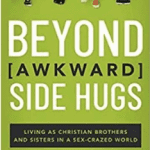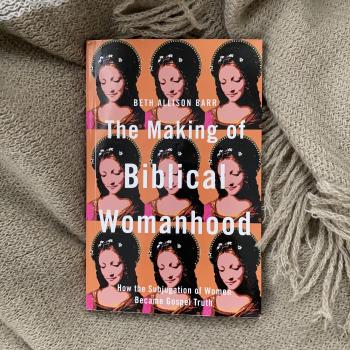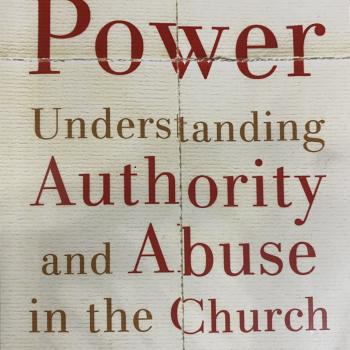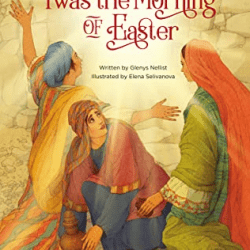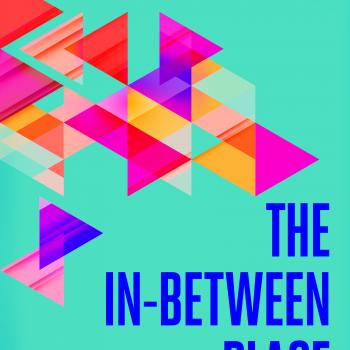Courage and Complicity
In a 1991 interview, Traudl said, “Of course the horrors, of which I heard in connection to the Nuremberg trials, the fate of the 6 million Jews, their killing and those of many others who represented different races and creeds, shocked me greatly, but at that time I could not see any connection between these things and my own past. I was only happy that I had not personally been guilty of these things and that I had not been aware of the scale of these things. However, one day I walked past a plaque on the Franz-Joseph Straße (in Munich) on the wall, in memory of Sophie Scholl…At that moment I really realized, that it was no excuse that I had been so young.”
Sophie and Traudl each had a choice.
Despite her employer, Traudl was no more than a secretary, and, by her own account, uninterested in politics. Having grown up in an impoverished family, she was grateful for the privileges she enjoyed working for Hitler. To her, Hitler was “a pleasant boss and a fatherly friend.” Because of this, she later wrote she “deliberately ignored all the warning voices inside me.”
Sophie and her comrades chose to take action, fully aware they risked their lives to distribute words that went against their country’s totalitarian regime. As Sophie stated to the chief justice of the People’s Court, “Somebody, after all, had to make a start. What we wrote and said is also believed by many others. They just don’t dare to express themselves as we did.”
If we are not personally guilty of evil, are we then free to remain indifferent in the face of it? That is the question the lives of these two women beg us to answer. Most of us would agree that the morally responsible person is one who takes action against injustice. But now, as then, daily-ness breeds complicity. It’s easy to shut our eyes. To, however unconsciously, embrace indifference. Yet we can all point to oppression, suffering, and inequality in our world.
And we truly have no excuses.
Because they refused to stay on the sidelines, generations have been impacted by the legacy of the White Rose. Sophie’s sacrifice opened Traudl’s eyes to her own indifference. Because of Sophie, Traudl saw her guilt in truth. For the rest of her life, she spoke honestly about her part in the Nazi regime. Though she could not erase her past, she used her experiences to educate those in the future.
Conviction and faith spurred Sophie and the students of the White Rose to take a stand. Conviction that violations of freedom and human dignity are too costly to be ignored. Faith that God called them to not merely exist as believers within the world, but to act boldly against its injustices.
May their story inspire us to do the same.
We must always take sides. Neutrality helps the oppressor, never the victim. Silence encourages the tormentor, never the tormented.–Elie Wiesel
 Amanda Barratt is the ECPA best-selling author of over a dozen novels and novellas, including The White Rose Resists: A Novel of the German Students Who Defied Hitler and My Dearest Dietrich: A Novel of Dietrich Bonhoeffer’s Lost Love. She is a member of American Christian Fiction Writers and a two-time FHL Reader’s Choice Award finalist. She and her family live in northern Michigan. Connect with her at www.facebook.com/amandabarrattauthor and visit her at www.amandabarratt.net.
Amanda Barratt is the ECPA best-selling author of over a dozen novels and novellas, including The White Rose Resists: A Novel of the German Students Who Defied Hitler and My Dearest Dietrich: A Novel of Dietrich Bonhoeffer’s Lost Love. She is a member of American Christian Fiction Writers and a two-time FHL Reader’s Choice Award finalist. She and her family live in northern Michigan. Connect with her at www.facebook.com/amandabarrattauthor and visit her at www.amandabarratt.net.

